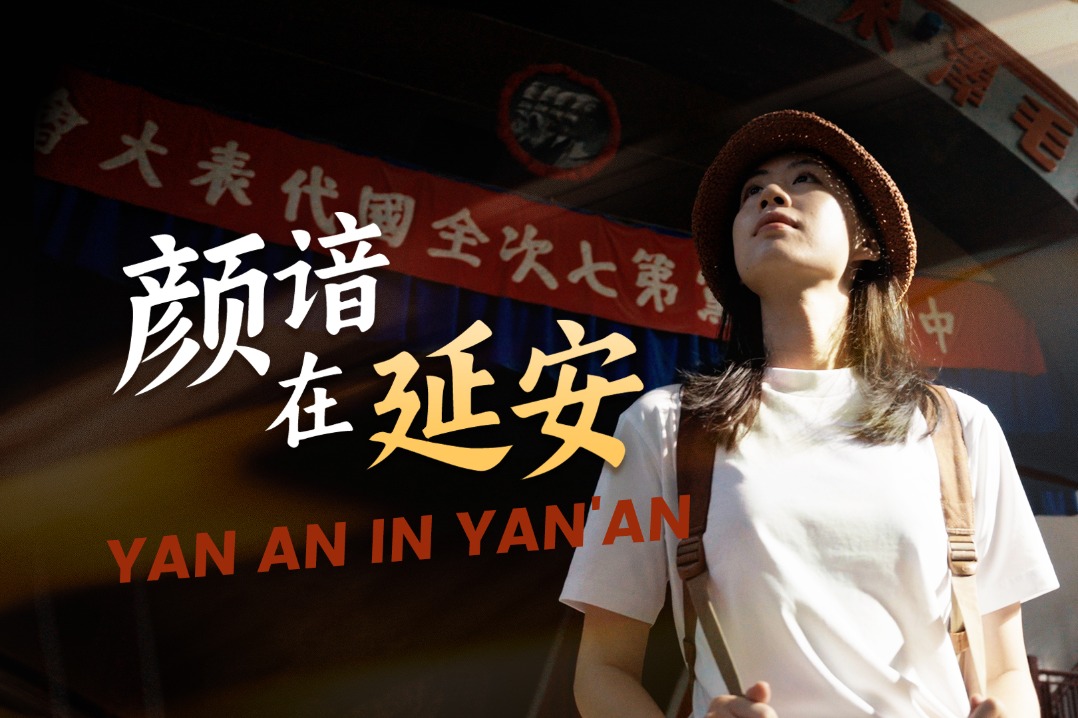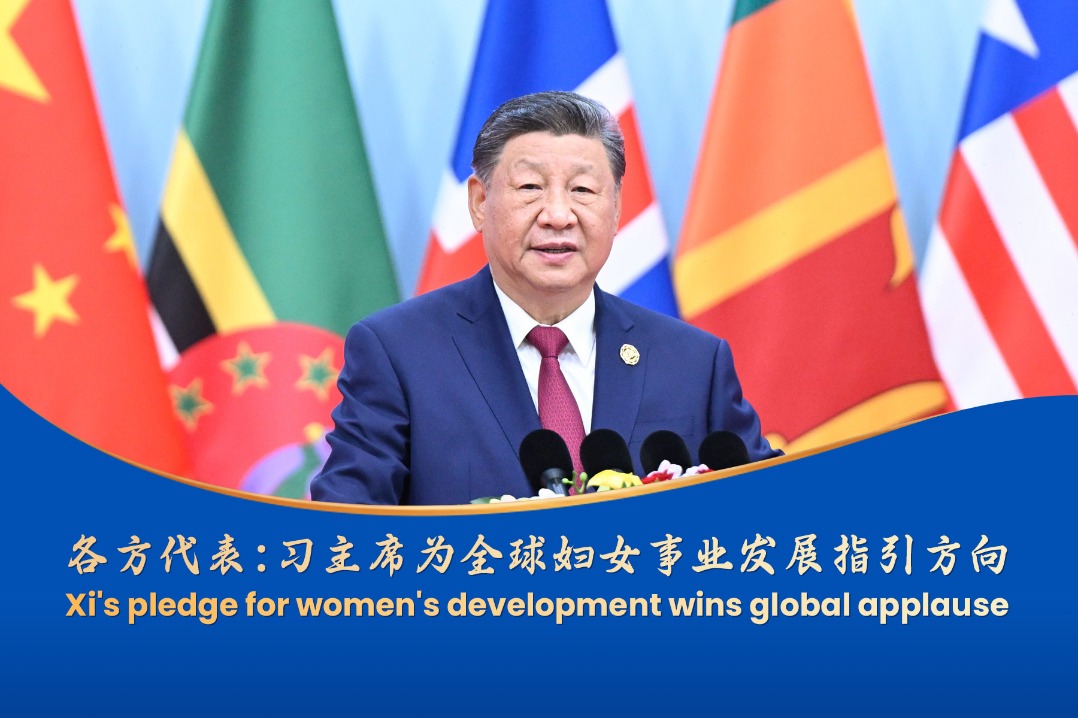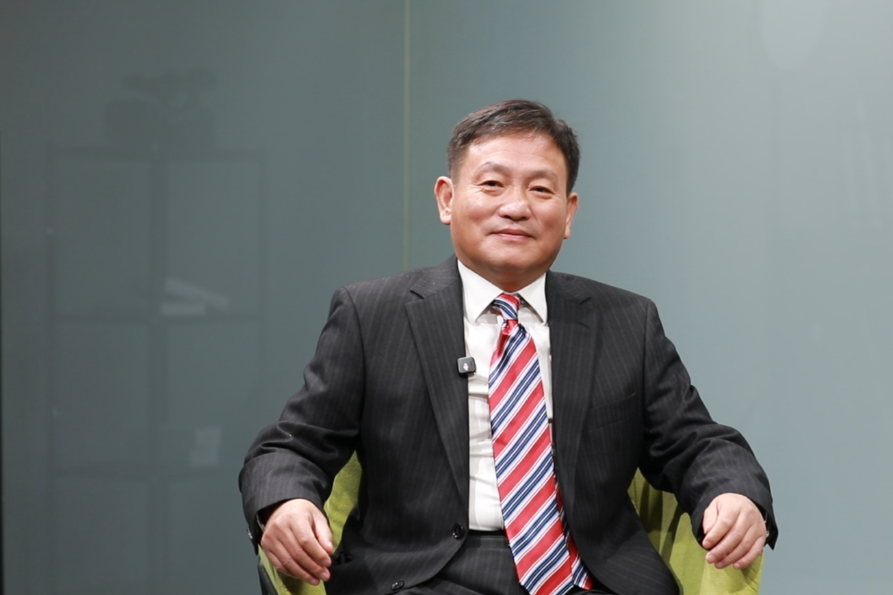Chinese solutions to governance problems

The Western model, represented by the Washington Consensus and characterized by exclusionism and global dominance, has been endangering global governance since the global financial crisis. On the international front, the United States has overruled, or has been trying to overrule the United Nations-the Afghan war and Iraq war, and most recently the Paris climate change agreement come readily to mind as examples.
The World Bank and the International Monetary Fund still refuse to elect a non-Westerner as their chief. Despite the shrinking global influence and leadership of Washington, US President Donald Trump has been making intensive efforts to dismantle the global liberal architecture and kill off globalization by adhering to his "America First" policy. Adding to the US' retreat from global engagement are Brexit and the rise of isolationism and economic nationalism in the Western world.
Against the face of such challenges, the world would have fallen back into anarchy had China not stepped in with its solutions.
Chinese solutions, or zhongguo fang'an, comprise a set of practical plans and measures for improving global governance guided by a new cosmopolitan vision and infused with a chain of time-tested humane values. China has formulated these solutions based on its vast experience, learning and development, and engagement with broad constituencies at the local, national, regional and international levels over the past few decades, particularly during the past five years.
This alternative basket of solutions is both comprehensive and selective, conservative and progressive, idealistic and pragmatic, and both revolutionary and reformist. The Chinese solutions have been increasingly welcomed worldwide to deal with global challenges arising from the near collapse of the existing world order.
Against this geopolitical background, President Xi Jinping, has begun using the Chinese solutions across the world. The solutions, a creative mix of philosophies and thoughts such as Confucianism, Marxism and other Western theories, refer to an inclusive world dream and call on people across the world to create a global community of shared destiny.
Infused into this world dream is a new set of humane values, drawn upon a diverse range of histories and cultures and universally relevant to communication/connectivity, commonality, cooperation, mutual understanding, mutual benefit and harmony, which Xi termed the "Silk Road spirit" at the Belt and Road Forum for International Cooperation in Beijing in May. The China-proposed Belt and Road Initiative is committed to harnessing coordinated transnational synergy to create global connectivity, in order to facilitate global economic recovery and public projects such as transnational infrastructure as well as science and cultural industry parks.
While the New Development Bank aims to strengthen cooperation among BRICS member states, the five-member grouping's vision and goals coalesce with those of the Belt and Road Initiative, whose projects are also being seeded by the Asian Infrastructure Investment Bank.
Moreover, trade between China and other countries involved in the initiative between 2014 and 2016 surpassed $3 trillion. Involving more than 100 countries and including more than 5 billion people, the Belt and Road Initiative is "a project of the century", as Xi said. It is a possible global game changer, according to American political scientist Joseph Nye. Since the essence of the initiative is universally relevant and beneficial to the world, even the theme of the G20 summits in Hangzhou last year and Hamburg this year resonated with it.
With growing global support and participation, in particular after the BRICS Xiamen Declaration on Sept 5 which almost fully embraces the Chinese solutions, the Belt and Road Initiative along with the Chinese solutions more clearly signal the coming of a new era of global governance.
The author is an adjunct professor at the School of Journalism & Communication and a research fellow at the National Academy for Development& Strategy, Renmin University of China.



































